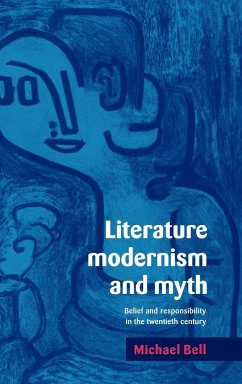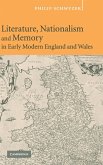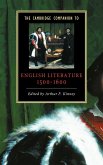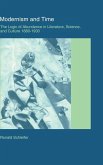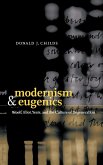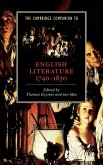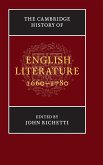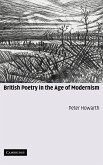The use of myth in Modernist literature is a misleadingly familiar theme. Joyce's appropriation of Homer's Odyssey and Eliot's of Frazer's Golden Bough are, like Lawrence's primitivism or Yeats's nationalist folklore, attempts to discover an underlying metaphysic in an increasingly fragmented world. In Literature, Modernism and Myth Michael Bell also examines the relationship of myth and modernism to postmodernism. Myth, Bell shows, is inherently flexible; it was used to justify Pound's totalising vision of society which eventually descended into fascism, and the liberal, ironic vision of human existence Joyce and Mann expressed. Those theorists who present myth as another form of mystification, a search for false origins, ignore its use by modernists to emphasise the ultimate contingency of all values. This anti-foundational element, Bell claims, enables myth to act as a corrective to the claims of ideological critique. Bell shows how postmodern concerns with political and social responsibility, and the role literature plays in formulating this, have in fact been inherited from modernism.
Table of contents:
Introduction; 1. Myth in the Age of the World View; 2. Varieties of modernist mythopoeia; 3. Countercases: T. S. Eliot and Ezra Pound; 4. The politics of modernist mythopoeia; 5. The break-up of modernist mythopoeia; 6. Living with myth: Cervantes and the New World; 7. Living without myth: deconstructing the old world; Conclusion: ideology, myth and criticism; Notes; Bibliography; Index.
Modernist literature discovered through myth an underlying metaphysic to an increasingly fragmented world. Michael Bell's study shows how modernists also used myth to emphasise the contingency of all values. This anti-foundational element, Bell claims, enables myth to act as a corrective to the political claims of ideological critique.
A study of the use of myth by modernists, and its relationship to contemporary notions of postmodernity.
Hinweis: Dieser Artikel kann nur an eine deutsche Lieferadresse ausgeliefert werden.
Table of contents:
Introduction; 1. Myth in the Age of the World View; 2. Varieties of modernist mythopoeia; 3. Countercases: T. S. Eliot and Ezra Pound; 4. The politics of modernist mythopoeia; 5. The break-up of modernist mythopoeia; 6. Living with myth: Cervantes and the New World; 7. Living without myth: deconstructing the old world; Conclusion: ideology, myth and criticism; Notes; Bibliography; Index.
Modernist literature discovered through myth an underlying metaphysic to an increasingly fragmented world. Michael Bell's study shows how modernists also used myth to emphasise the contingency of all values. This anti-foundational element, Bell claims, enables myth to act as a corrective to the political claims of ideological critique.
A study of the use of myth by modernists, and its relationship to contemporary notions of postmodernity.
Hinweis: Dieser Artikel kann nur an eine deutsche Lieferadresse ausgeliefert werden.

